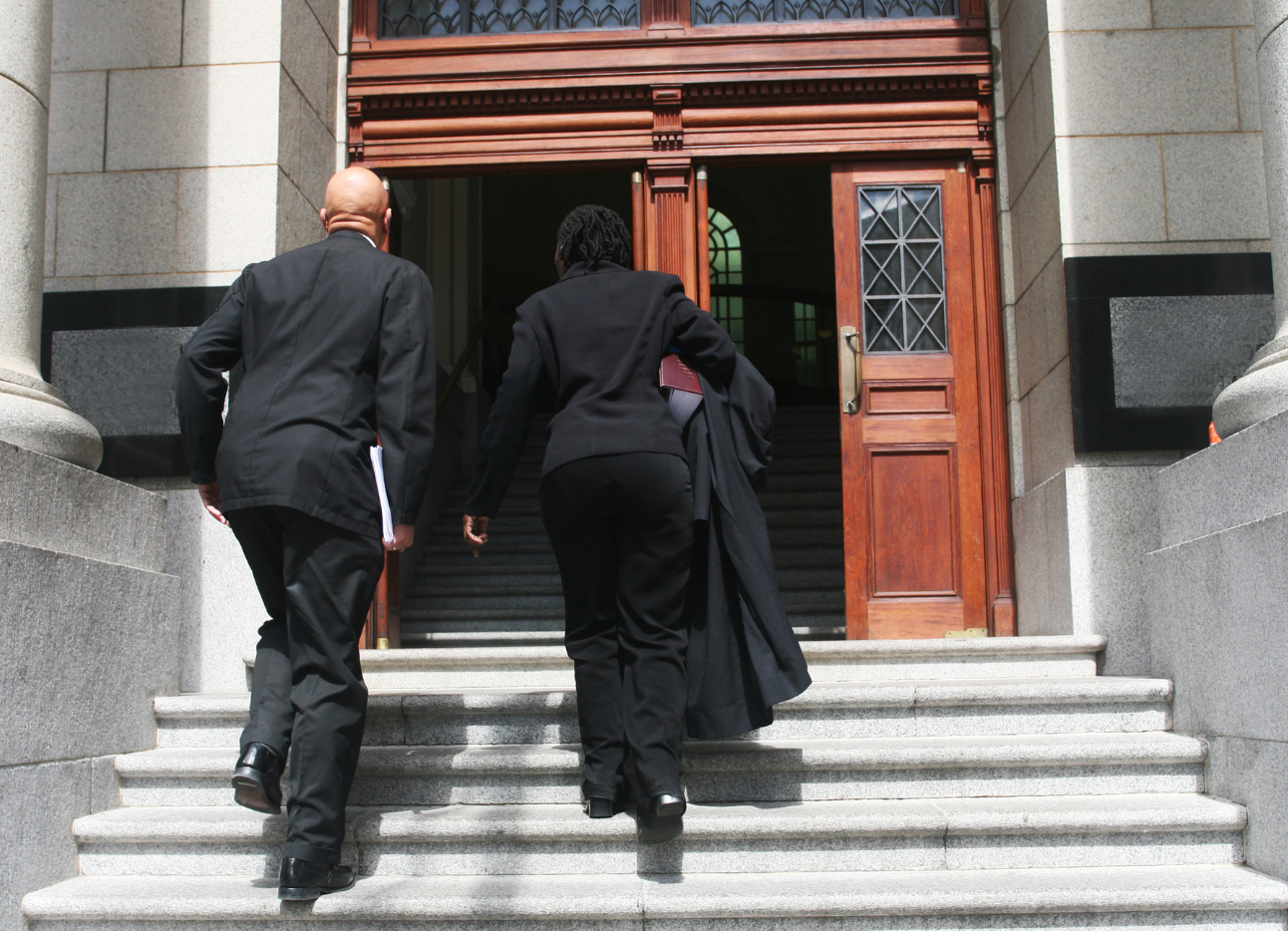
Family and criminal court system retraumatises victims
The Domestic Abuse Commissioner is calling for urgent long-term funding and more dedicated specialist court support after a new report revealed that 89% of domestic abuse survivors don’t get any support when they go through the family courts.
The report also found that 71% of domestic abuse survivors don’t get any support in any court at all including magistrates or crown courts. Nicole Jacobs said it was time that Independent domestic violence advisors (IDVAs), who support and guide domestic abuse victims through the justice system, were seen as being an integral part of the family courts and criminal justice system.
All survivors going through the justice system should, if they wish, be able to access IDVA support. The government has committed to consult on a statutory duty to provide crucial domestic abuse support services in the community – these services must include the specialist court IDVAs described in today’s report (and sufficient funding must be allocated accordingly).
SurvivorThe Family Court process has left me severely traumatised, worse than the DV (domestic violence) itself. I was belittled, undermined, exposed to my abusive ex repeatedly, my children were not listened to and it felt like father's rights trumped mine and negated his history of DV. I've never been more frightened and alone in my life.
Domestic Abuse Commissioner, Nicole JacobsThis report comes at a time when there have been significant falls in prosecutions of domestic abuse in the criminal courts, and serious failings acknowledged by Government around the treatment of survivors and their children in the family courts. Survivors going through the courts also continue to be impacted by the delays caused by the Covid pandemic and will be for some years to come. In this most difficult of contexts, the changes we are calling for cannot come fast enough.
Liz Thompson, Director of External Relations at SafeLivesOver 10 years of evidence has shown the value of Idvas in supporting survivors to get safe and recover from their trauma. Our latest research for the Domestic Abuse Commissioner has found that sadly a majority of victims aren’t receiving this crucial support in relation to the court system despite the clear benefits for criminal justice outcomes and enhanced safeguarding within the family justice system.
We wholeheartedly support the Commissioner’s calls for Idvas to be seen as an integral part of the support victims should be entitled to receive no matter which court they are having to attend
Read the report
This report was commissioned by the Domestic Abuse Commissioner to shine a spotlight on the support victims and survivors of domestic abuse receive in both the criminal and family justice system.
You may also be interested in


